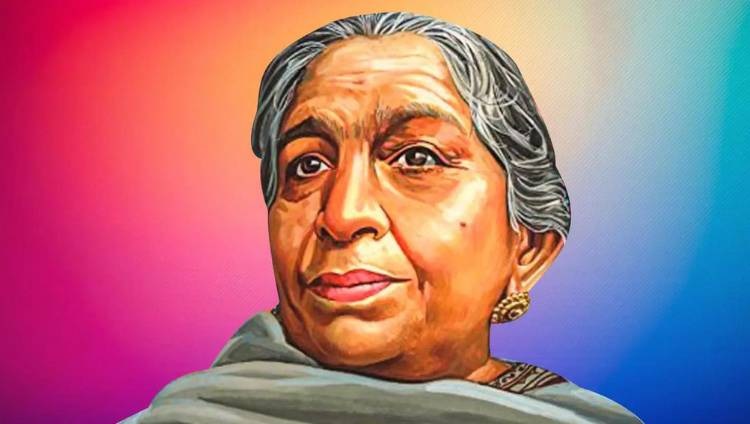
Sarojini Naidu’s Influence on South African Politics Through Advocacy for Unity and Equality
In 1924, Indian poet and politician Sarojini Naidu visited South Africa, where her speeches sparked increased political activism among marginalized communities. Known for her eloquence, Naidu traveled to South Africa to protest Prime Minister Jan Smuts’s Class Areas Bill, which aimed to segregate Indians in residential and trading zones. Her visit played a significant role in promoting unity and encouraging political collaboration in the fight against racial discrimination.
During her visit, Naidu addressed large gatherings in Johannesburg, Durban, and Cape Town, where she emphasized the need for solidarity among oppressed groups. Her speeches, which focused on the common struggles of Black and Indian South Africans, encouraged greater unity in opposing discriminatory legislation. Historian Goolam Vahed has documented how Naidu’s emphasis on unity across racial and gender lines inspired many to take a more active role in political movements.
Naidu’s advocacy for gender equality was especially influential, as she called on Indian women to see themselves as equal to all women, regardless of their background. Her message encouraged many women to become politically engaged, including Cissie Gool, a Muslim woman from Cape Town. Gool later became an important figure in South African politics, advocating for both racial equality and women’s rights.
Naidu's visit also contributed to changes in the structure of political opposition in South Africa. Before her arrival, opposition politics was divided along racial lines, with leadership largely composed of men. Following her visit, efforts to unite different racial groups in the struggle against the white minority government began to take shape. Naidu’s advocacy helped to foster a more inclusive political environment, laying the groundwork for future collaborations between Indian and Black South Africans in the fight against segregation.
Sarojini Naidu’s 1924 visit to South Africa had a lasting impact on the country's political landscape. Her speeches and advocacy strengthened ties between Indian and Black South Africans, encouraging a united effort to oppose racial segregation and promoting greater political engagement among women. Today, Naidu’s contributions are remembered for inspiring broader political participation and unity in the struggle for equality.
Stichworte







